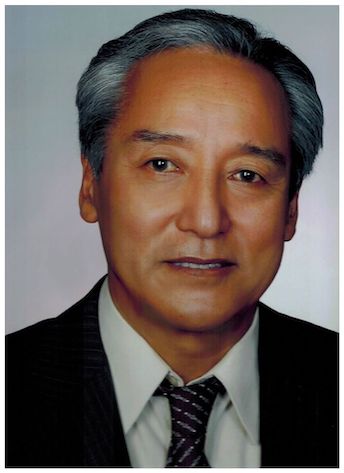
Dr. Sherpa is originally from the Khumbu region of Solukhumbu district. He holds a Ph.D. in Forest Resources from the University of Washington, USA, and has over 30 years of experience in natural resource management and conservation of mountain ecosystems and cultures. He worked for the Government of Nepal’s Department of National Park as Conservation Officer from 1980-2000. Later, he joined The Mountain Institute and worked as foreign expert in TAR China followed by the Co-Director of in Regional program in Nepal. He is a recipient of a Fullbright student scholarship in 1985 and a Fullbright Post-Doctoral Fellowship in 2009. Dr. Sherpa has a broad national and international experience as an advisor and expert consultant. He has also worked actively in conservation and promotion of mountain cultures and indigenous knowledge including language.
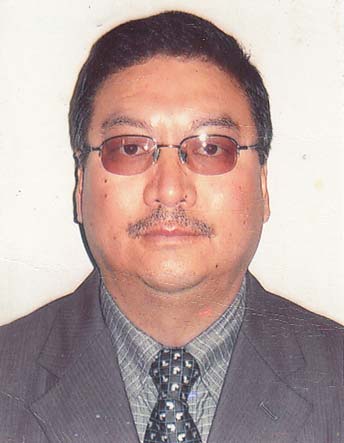
Dr. Thakali is from Mustang distrtct. He holds a Ph.D. in Environmental and Development Governance from Lincoln University, New Zealand. He has over 25 years of experience working on environment, poverty, forestry, community development and tourism issues. He served as an Education and Information Director for the National Trust for Nature Conservation, Program Manager for The Mountain Institute and as a Livelihood Advisor for UK’s Department of International Development, and provided advisory and expert services to a number of national and international organizations. He has successfully handled many large-scale projects including GEF funded projects. Most recently he is leading the Darwin Initiative and Snow Leopard Conservancy funded project in the Manang and Everest regions.
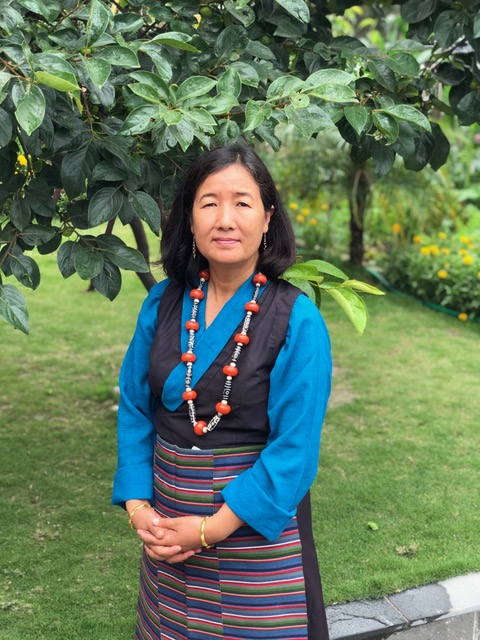
Dr. Pasang Dolma Sherpa, Executive Director of Center for Indigenous Peoples’ Research & Development (CIPRED) has been working with Indigenous Peoples, Women and Local Communities for the recognition of the indigenous peoples’ knowledge, cultural values and customary institutions that contributed for sustainable management of forest, ecosystem, biodiversity and climate resilience for more than a decade. Ms. Sherpa has obtained her PhD at Kathmandu University in 2018 on Climate Change Education and its Interfaces with Indigenous Knowledge. She has already served as Co-Chair of International Indigenous Peoples’ Forum on Climate Change (IIPFCC), Co-Chair of Facilitative Working Group (FWG) of Local Communities and Indigenous Peoples’ Platform (LCIP) of the United Nations Framework Convention on Climate Change (UNFCCC ), to the board of UN-REDD, Participant Committee of FCPF, World Bank. Presently, she is the Chair of IUCN CEESP Specialist Group on Indigenous Peoples’ Customary and Environmental Laws and Human Rights (SPICEH), visiting faculty at Kathmandu University as well as representing in the different forums, networks and institutions both at national and international levels.
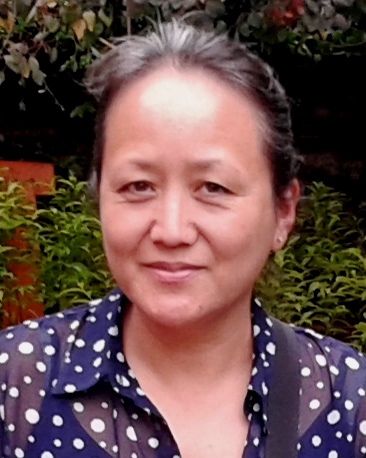
Tara D. Gurung, from Pokhara, is a development practitioner by profession actively involved in progressive development work at the grass-roots, local and national levels for the last three decades and has worked for national, bilateral and multilateral development agencies. She served as the Director of Development Policy and Programmes and the Country Manager for the Australian government’s aid programme in Nepal, managing Australia’s bilateral development cooperation in Nepal. With the United Nations Development Programme (UNDP) and the Government of Nepal (GoN), she worked in the capacity of Tourism Planning and Monitoring Specialist for the Tourism for Rural Poverty Alleviation Programme (TRPAP). Tara Gurung started her development journey in April 1991 with the world class Annapurna Conservation Area Project (ACAP). She worked with ACAP in different capacities, including as the Officer-In-Charge of its Sikles Regional Office and as the Senior Conservation Officer leading on ACAP’s work in Sustainable Agriculture and Tourism Development. A conservationist from heart, and an advocate of inclusive development, she is also the Immediate Past Chairperson of the Chandra Gurung Conservation Foundation (CGCF), which has been established to carry forward the legacy of late Dr. Chandra Prasad Gurung, a world renowned leading conservationist from Sikles, Kaski. Currently, Tara Gurung sits in the Board of Trustees of Gandaki University.
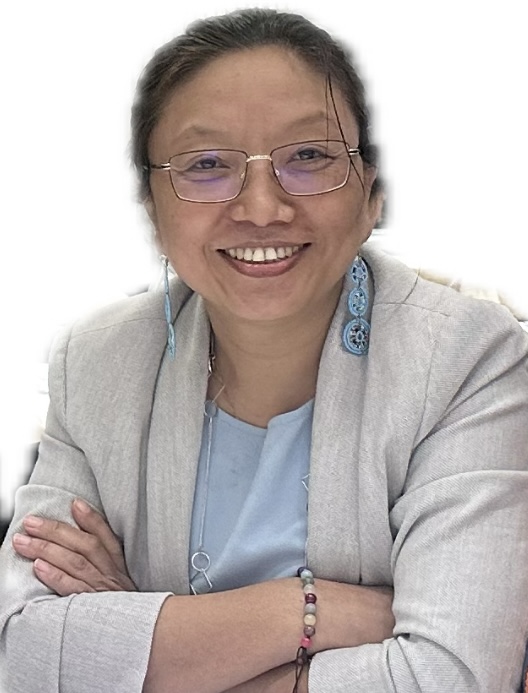
Ms. Sushila Kumari Thapa Magar, a Magar Indigenous Peoples of Nepal, is passionate to promote rights, empower women and marginalized peoples, and foster inclusive leadership for sustainable development with rights based approaches. Academically trained Forester, she holds a M.Sc. in Mountain Forestry from Vienna. With two decades of experience in the development sector, she has worked with different national, international non-governmental, bilateral and multilateral organizations. Her areas of expertise
encompasses participatory Natural Resource Management, economic empowerment, good governance, human rights, Gender Equality and Social Inclusion, capacity building as well as Indigenous-led fund management. She is actively engaged with national to global women and Indigenous movements. She is committed to advancing GEDSI principles and Indigenous Principles at local to international level.

Mr. Lhakpa Tenji Lama (Sherpa) is originally from Tumbuk village of Solududhkunda-2, Solukhumbu district. He holds a Masters in community development and planning in tourism management from Lincoln University, New Zealand, and Masters in Tourism Studies from Purbanchal University, Nepal. He is one of Mountain Spirit’s founding members. He has worked as Senior Field Coordinator for EU funded Community-based forestry project in Sagarmatha National Park, Project Officer for The Mountain Institute, Executive Director and Chairperson for Mountain Spirit, Tourism Lecturer for Kathmandu Academy of Tourism & Hospitality, newsreader & program producer in Sherpa language for Radio Nepal and Country Coordinator for AWC-UK. He is also an expert advisor and consultant for a number of national/international organizations in project management, communication, rural development, project impact assessment, baseline survey, monitoring and evaluation, and participatory planning and training.